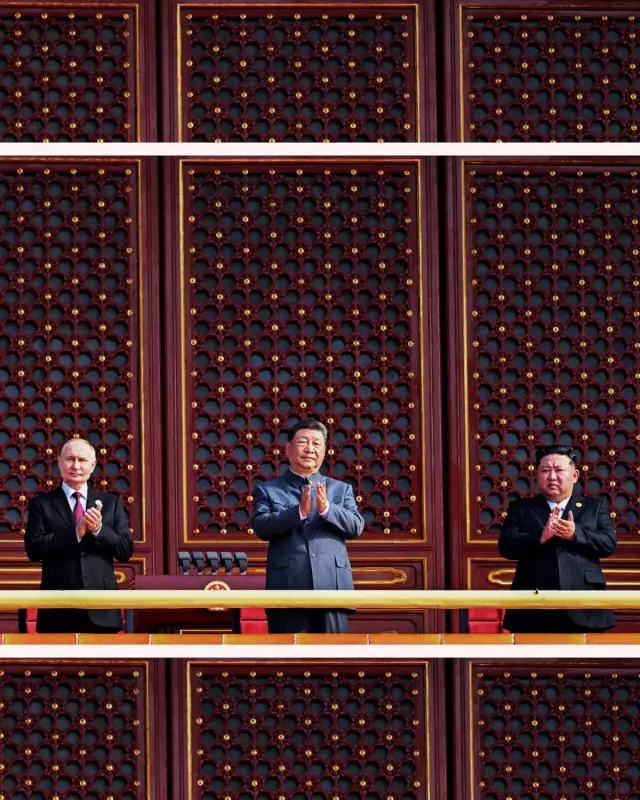
The world stage witnessed a meticulously choreographed display of power as the triumvirate of autocrats – China's Xi Jinping, Russia's Vladimir Putin, and North Korea's Kim Jong Un – convened for an unprecedented strategic summit. This gathering, rich in symbolism and intent, signals a profound and deliberate challenge to the US-led international system that has dominated for decades.
The Optics of a New Axis
The summit was a masterclass in political theatre. Every handshake, every staged photo opportunity, was designed to project an image of unity and formidable strength. The body language, carefully analysed by experts, spoke of a newfound confidence and a shared purpose in reshaping global alliances away from Western influence.
Beyond Symbolism: The Strategic Calculus
This meeting was far more than a photo op. It underscores a deepening strategic partnership built on mutual interests:
- Russia's Quest for Legitimacy: Isolated by Western sanctions over Ukraine, Putin seeks validation and tangible military and economic support from powerful allies.
- China's Global Ambitions: Xi Jinping continues to build a coalition of states sympathetic to a Beijing-centric model of governance, challenging democratic norms.
- North Korea's Break from Isolation: Kim Jong Un leverages these relationships to break from pariah status and strengthen his regime's position against South Korea and the US.
A Coherent Challenge to the West
Together, this alliance represents a potent counterweight to NATO and the G7. Their collaboration extends across military support, circumventing economic sanctions, and promoting an authoritarian vision of sovereignty that rejects Western criticism on human rights. The summit served as a powerful declaration that a multipolar world order, long discussed, is now actively being constructed.
Implications for Global Stability
The consolidation of this axis creates a new and unpredictable dynamic in international relations. It poses significant challenges for Western policymakers, who must now navigate a world where traditional levers of power and diplomacy are being systematically undermined. The rules-based order is facing its most concerted opposition in a generation.
This meeting is not a fleeting event but a milestone. It marks a bold and public alignment of forces that will define the geopolitical struggles of the coming decade, forcing a recalibration of foreign policy in capitals across the globe.





